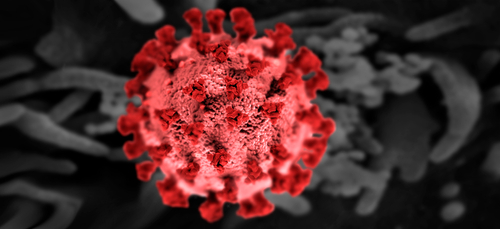
The National Institutes of Health (NIH) is looking to innovate in terms of COVID-19 tools, and as a result, has awarded seven contracts to a mix of companies and academic institutions for things like smartphone apps, wearable devices, and software.
These technologies could aid in several areas, such as hosting test results, tracking and tracing, and health monitoring. Recipients will be potentially funded across two phases, with initial awards used to demonstrate feasibility and the potential for additional funding if the results encourage further development and demonstration of utility within the year. If all progress through both phases, the contracts would value $22.8 million in all.
“The tools these organizations plan to develop could allow us to use containment efforts, like COVID-19 testing, social distancing, and quarantine, precisely when and where they’re needed. That might let more people return to less restricted living and reduce the risk of devastating local outbreaks,” Dr. Norman Sharpless, National Cancer Institute director, said. “We are working as quickly as possible to help businesses and universities develop innovative tools to achieve this goal.”
Those selected from nearly 200 different applicants include:
- Evidation Health, Inc., for a health measurement platform that analyzes patient data to detect COVID-19 and distinguish it from the flu;
- IBM, for an integrated solution supporting contact tracing and verifiable health status reporting, and which provides research data;
- iCrypto, Inc., for a smartphone-based platform to provide proof of testing, serologic and users’ vaccination status;
- physIQ, Inc., for an A.I.-based data analytics and cloud computing platform, along with U.S. Food and Drug Administration-cleared wearable devices to create baseline indexes personalized for individual patients and capable of registering health changes;
- Shee Atiká Enterprises, LLC, for another smartphone-based, Bluetooth-enabled platform to monitor and support both those with COVID-19 symptoms and those who have already tested positive;
- University of California, San Francisco, for a GPS-based retroactive contact-tracing tool that alerts users found to have contacted SARS-CoV-2–infected individuals, identifies businesses visited by someone who later tested positive, and fosters cooperation between businesses and public health departments on reducing viral spread; and
- Vibrent Health, for a mix of mobile applications, data integrations, and validated machine learning algorithms to identify COVID-19 and differentiate it from the flu and contract trace through Wi-Fi technologies.




